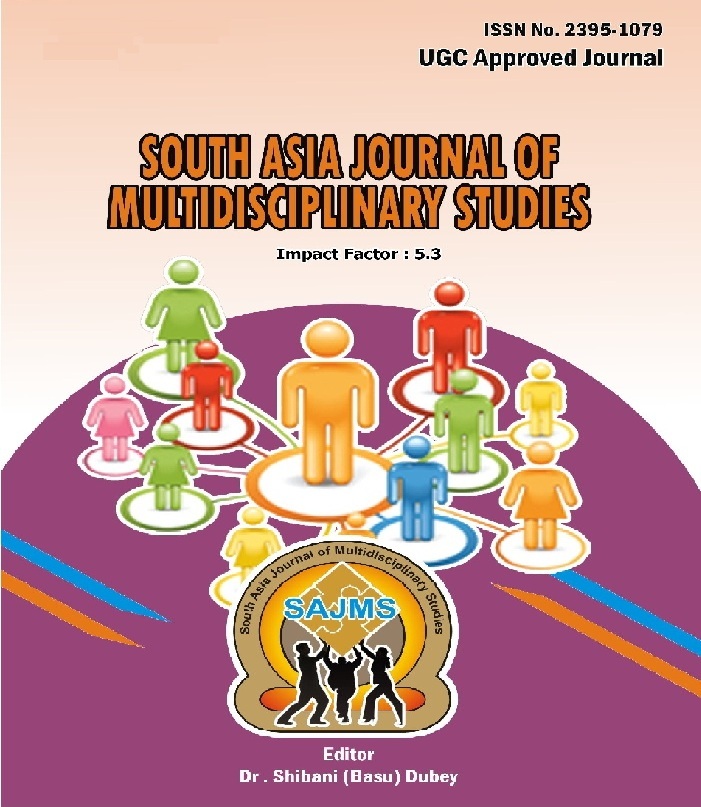“THEIR SATISFACTION IS CRITICAL”, MEASURING LEVEL OF SATISFACTION AMONG FIELD TRAINEE URBAN PLANNING STUDENTS OF FACULTY OF ENVIRONMENTAL DESIGN, KING ABDULAZIZ UNIVERSITY, JEDDAH, KINGDOM OF SAUDI ARABIA
Keywords:
Work based learning, field training, urban and regional planning.Abstract
Work based learning is highly critical for urban planning students. Specially the field training equips planning students with necessary skills required in job market. Field training supplements the traditional classroom based learning, indeed. A survey of 52 students with BSc Urban and Regional Planning students at Faculty of Environmental Design, King Abdulaziz University, Jeddah, Kingdom of Saudi Arabia, divulges that trainees are overall satisfied with the skills acquired from the field training however the training unit needs to go case by case and offer remedial support to the trainees who have shown their neutrality or less satisfaction with some of the field training components such as report writing among others.References
Ferguson, L. W. (1941). A study of the Likert technique of attitude scale construction. The Journal of Social Psychology, 13(1), 51-57. 2. Freestone, R., Williams, P., Thompson, S., & Trembath a, K. (2007). A quantitative approach to assessment of work‐based learning outcomes: an urban planning application. Higher Education Research & Development, 26(4), 347-361. 3. Garrick, J., & Kirkpatrick, D. (1998). Workplace‐based Learning Degrees: a new business venture, or a new critical business? Higher Education Research & Development, 17(2), 171-182. 4. Guzzetta, J. D., & Bollens, S. A. (2003). Urban Planners” Skills and Competencies: Are We Different from Other Professions? Does Context Matter? Do We Evolve? Journal of Planning Education and Research, 23(1), 96-106. 5. Hoch, C. (1994). What planners do: Power, politics, and persuasion. American Planning Association. 6. Howe, E. (1980). Role choices of urban planners. Journal of the American Planning Association, 46(4), 398-409.
Innes, J. E. (1995). Planning theory's emerging paradigm: Communicative action and interactive practice. Journal of planning education and research, 14(3), 183-189. 8. Jackson, D. (2015). Employability skill development in work-integrated learning: Barriers and best practice. Studies in Higher Education, 40(2), 350-367. 9. Kuehl, P. G. (1992). 1992 job analysis survey: American Institute of Certified Planners. The Institute. 10. Ozawa, C. P., & Seltzer, E. P. (1999). Taking our bearings: Mapping a relationship among planning practice, theory, and education. Journal of Planning Education and Research, 18(3), 257-266. 11. Sehested, K. (2009). Urban planners as network managers and metagovernors. Planning Theory & Practice, 10(2), 245-263.
Steele, W. (2009). Australian urban planners: hybrid roles and professional dilemmas? Urban Policy and Research, 27(2), 189-203. 13. Wolf-Powers, L. (2013). Teaching planners to deal: the pedagogical value of a (simulated) economic development negotiation. Journal of Planning Education and Research, 33(3), 348-362.
Downloads
Published
Issue
Section
License
Submission Preparation ChecklistSubmission Preparation Checklist
Before proceeding with your submission, please ensure that you have completed the following checklist. All items on the list must have a checkmark before you can submit your manuscript:

